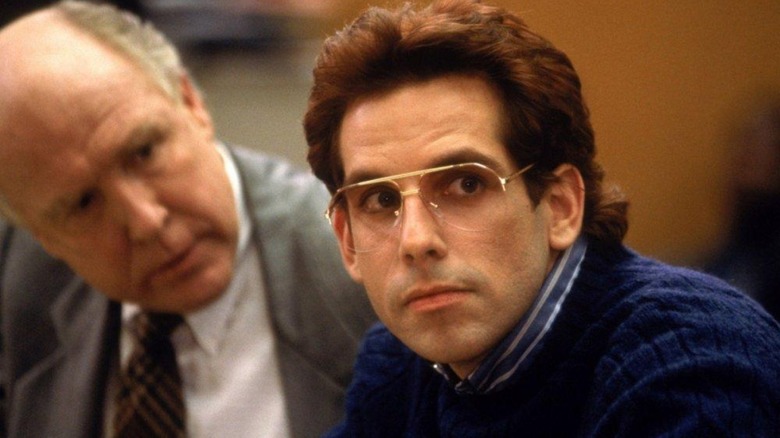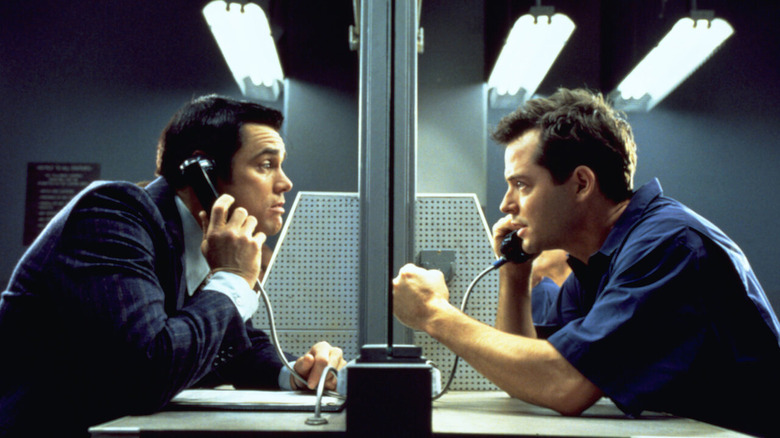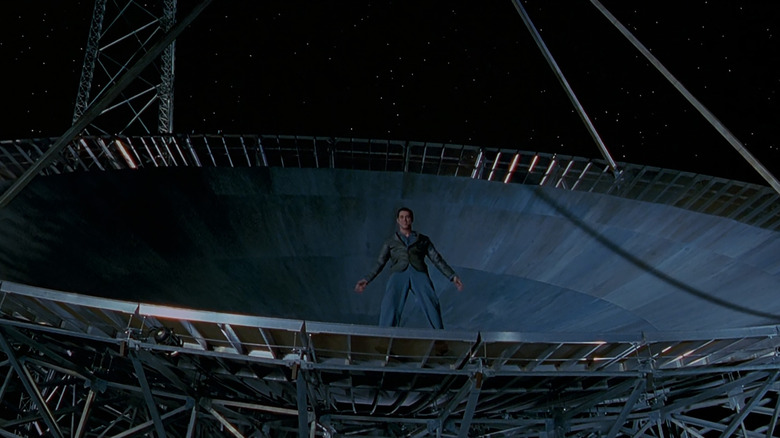Ryan Murphy’s “Monsters: The Lyle and Erik Menéndez Story” debuted on Netflix on September 19, 2024. The series recounts the details of the Menéndez brothers’ murder of their parents, José and Kitty, in 1989. Those alive and watching the news at the time recall what a blazingly salacious affair their trial was. Beginning in 1993, CourtTV broadcasted extended portions of the time the brothers spent in court (they were tried separately), and the details began to sound like a daytime soap opera. The brothers said that José Menéndez was sexually abusing Erik, and that he threatened to kill them both if they told the cops. Kitty never stood up to him, so the brothers felt no other recourse but to kill them with a shotgun in preemptive self-defense. After the murders, but prior to the arrest, the brother had rather suspiciously begun living richly on their sizable inheritance.
Infamously, the juries were deadlocked in both trials, resulting in a mistrial. The brothers, however, were tried a second time, this time together, with details about their abuse legally omitted. They were eventually sentenced to life in prison in 1996. The second trial wasn’t televised.
Even if one wasn’t there in the 1990s, it’s likely an average TV viewer knows about the Menéndez murders thanks to a slew of TV shows, documentaries, and other reports that have come out in their wake. America was obsessed with the Menéndez Brothers, and the then-new 24-hour news cycle offered by cable TV only fed the obsession. If you, dear reader, think America’s obsession with true crime began in the podcast era, know that we were making a big deal about murderers for decades.
Indeed, the obsession with the Menéndez murders was satirized in the 1996 Ben Stiller film “The Cable Guy,” a film about an obsessive cable TV technician (Jim Carrey) who psychopathically inserts himself into the life of a customer (Matthew Broderick). Stiller cameoed as a very Menéndez-like character whose trial could be seen on TV screens in the backgrounds of much of the film.
Ben Stiller played a Menéndez-like character in ‘The Cable Guy’
A sequence early in “The Cable Guy” details the (wholly fictional) story of Sam and Stan Sweet, who were child stars in the 1980s, the lead actors in the (also fictional) sitcom “Double Trouble.” Sam (Stiller) was accused of shooting his twin in cold blood, and shots of Sam on TV make him look an amalgam of the Menéndez brothers. The backstory of the Sweet Brothers also takes details from the lives of Dana Plato and Todd Bridges of “Diff’rent Strokes” fame. Both turned to crime after their sitcom was canceled, and they struggled throughout their adult lives. Sam Sweet was said to have turned to petty larceny after the cancelation of “Double Trouble,” while Stan (also Stiller) fell in with a cult.
Know that Carrey’s character in “The Cable Guy” is obsessed with television, having come to see it as a babysitter when his mother neglected him as a child. He consumed so much media as a child, he snapped and lost his identity, changing his name frequently to match TV characters. When a TV was on, he merely listened, aping what the newscasters said.
Throughout “The Cable Guy,” the Sweet trial is described in detail, and audiences even get to listen to a (hilarious) 911 call from Sam Sweet. It also doesn’t take long for the Sweet case to be adapted into a UPN movie-of-the-week called “Brother Sweet Brother: The Murder of Stanton Sweet,” starring Eric Roberts. One might be tempted to call Stiller’s treatment of the news cycle too swift to be believed, but it’s not as exaggerated as one might think; true crime TV movies did turn up that swiftly in the 1990s.
The Cable Guy comes with a message that still resonates
“The Cable Guy” climaxes with the Carrey character trying to disrupt a broadcast station satellite, hoping to interrupt all TV signals. “Someone has to kill the babysitter,” he declares before throwing himself from a rainy tower into a satellite dish below. As it so happens, the dive coincides directly with the live reading of the Sam Sweet verdict on CourtTV. Carrey lands on the dish at the exact moment the verdict was to be read, knocking out all TV signals. The world would have to go cold turkey on its obsession with true crime. In one final note that’s a little on the nose, the dead TV signal inspires one man (played by Kyle Gass) to pick up a book with a gleam of wonder in his eyes as he reads.
In recent decades, audiences haven’t lost their thirst for true crime, as true crime novels remain big business, and true crime podcasts remain among the most downloaded. Indeed, several movies and TV shows have been devoted to the makers of true crime podcasts including “Only Murders in the Building,” “Based on a True Story,” and even the 2018 version of “Halloween.” Podcasters are depicted as plucky, insightful detectives who care more than the local police, and who bother to take their time with investigations. The details of trials are still the stuff of afternoon TV fodder, as one might recall Donald Trump’s criminal trials covered closely or the details of the divorce of Johnny Depp and Amber Heard being made embarrassingly public.
In 2024, everything has come full circle, with new salacious TV movies about O.J. Simpson, Jeffrey Dahmer, and now, the Menéndez brothers. Ben Stiller was mocking America’s obsession with true crime in 1996, when all we had was MTV News, “Hard Copy,” and “A Current Affair.” It’s telling that the exact same crimes that fascinated the world in 1996 are now seen as, very weirdly, objects of nostalgia. Some things, we’ve never put down.





